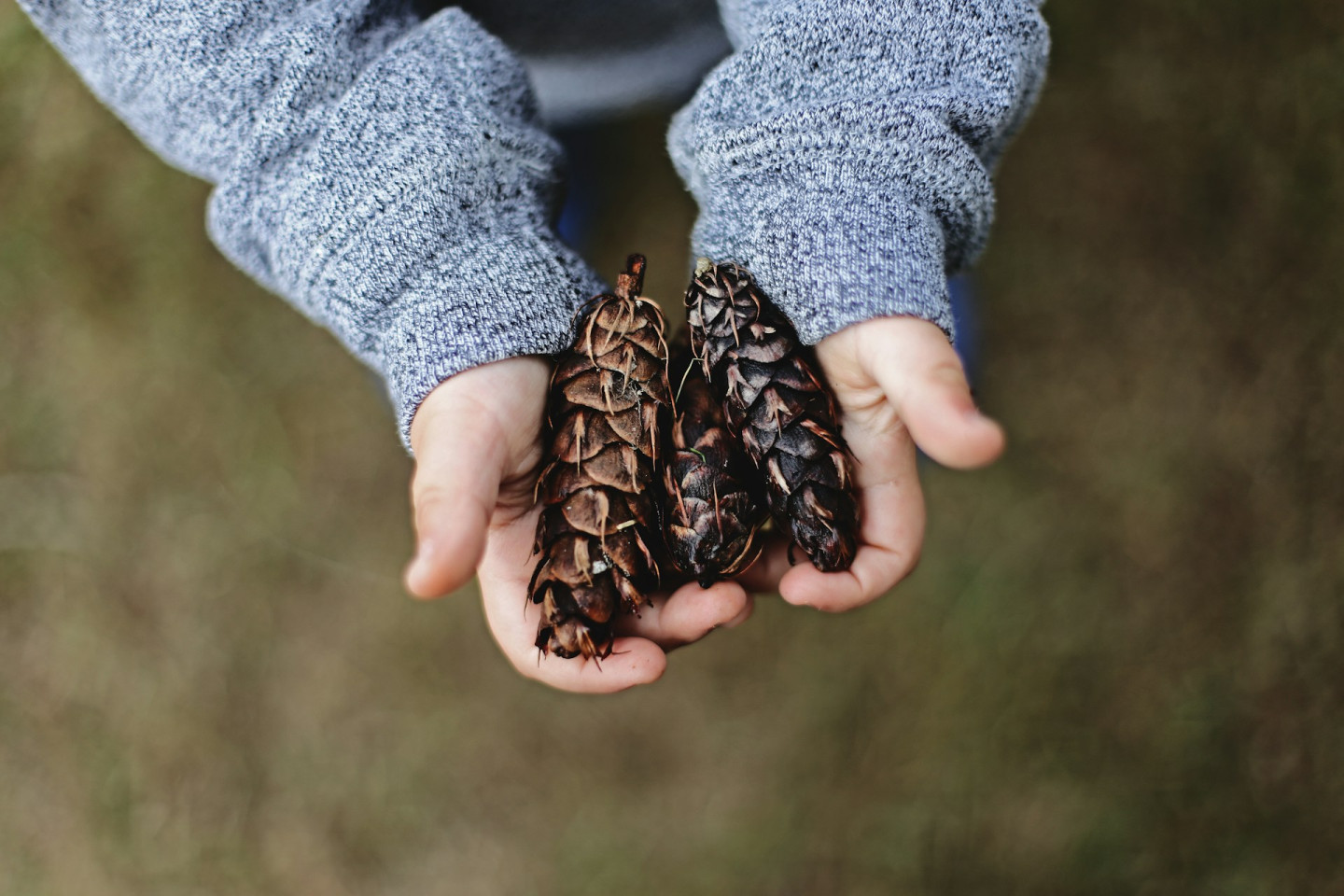
Key takeaways
- It can be overwhelming to hear that your child has cancer, and managing your own and others’ reactions can be challenging
- Your child’s understanding of cancer will depend on their age and experience. Try to involve them in discussions with their treatment team.
- Sharing as much information as you can with your child’s school will be helpful
- While you need to be there for your child it’s essential to take care of yourself as well
Learning your child has cancer is undoubtedly difficult, and it’s normal to experience a range of emotions – yours, theirs and other people’s. There are some things you can do to help this time feel a little easier, including carefully explaining what’s happening to your child, involving their school and supporting yourself. There are also charities that specialise in supporting families like yours. In this article, Perci’s lead cancer nurse specialist shares some advice to get you started as you begin to care for your child with cancer.
Responding to your child’s diagnosis
When your child is diagnosed with cancer, it can feel overwhelming. You might experience various emotions, from shock and disbelief to fear and anger. It’s important to remember that these reactions are normal.
A diagnosis of cancer can affect many aspects of your and your child’s life, from family to friends and school. Everyone’s reaction to the news will be different, which can be challenging when you are dealing with your own emotions and those of your child.
Explaining cancer to your child
It can be difficult to explain cancer to your child and their understanding will depend on their age and experience. Finding the right time and place, if this hasn’t happened in hospital with the treatment team, is important. This can allow you to feel more in control and as calm as possible whilst explaining cancer in a way that your child will understand.
Choosing a quiet place where you won’t be interrupted is important. Be gentle and calm but always honest and straightforward where possible.
Tailor your explanation to your child’s age and understanding. If they’re young, you may want to use simple words like ‘sick’ or ‘not feeling well’. If they’re older, you can give them more detailed information about cancer and what it might mean for them. Let your child ask as many questions as they have, even though you may not have the answers right away.
You may find the Rainbow Trust a useful resource for the whole family.
Supporting your child through treatment
You will want to help your child with their treatment, which will involve taking them to appointments, helping to explain treatment and its side-effects, supporting them with medication and offering emotional support. If it’s appropriate, involve your child in the discussions with their treatment team so that they can start to understand what and why particular decisions are made around treatment plans.
Letting your child’s school know about the diagnosis and sharing as much information about treatment plans and school attendance as you can, will help to support your child if they are able to attend school.
Supporting yourself
While you need to be there for your child it’s essential to take care of yourself , so that you have the emotional and physical energy to support your child. Ensure you get enough sleep, eat healthy foods, and exercise regularly. Consider talking to a therapist or counsellor if you ever feel overwhelmed.
Remember, you’re not alone in this. Many people care about you and your child, and many resources are available to help you cope.
While we have ensured that every article is medically reviewed and approved, information presented here is not intended to be a substitute for professional medical advice, diagnosis, or treatment. If you have any questions or concerns, please talk to one of our healthcare professionals or your primary healthcare team.